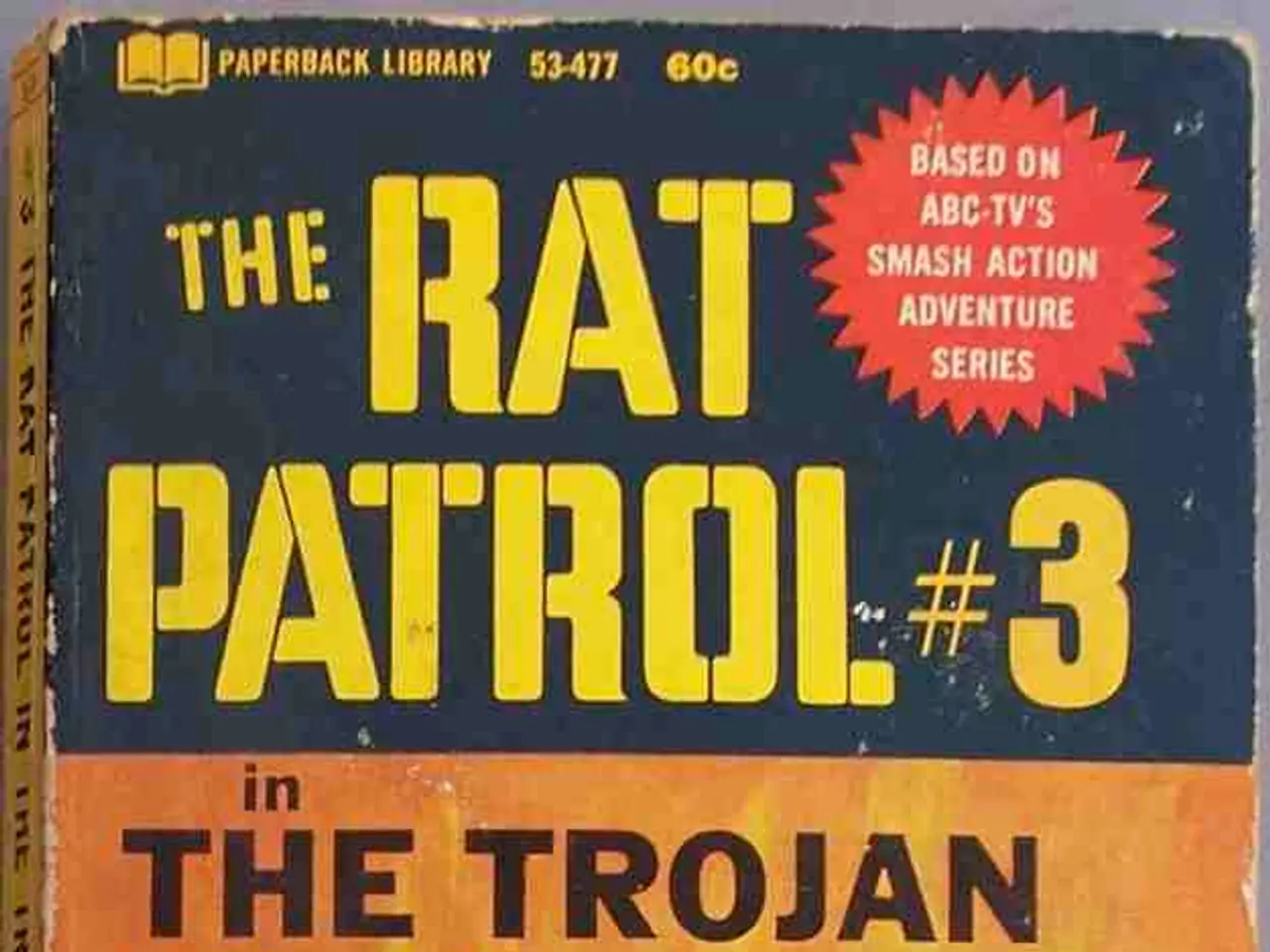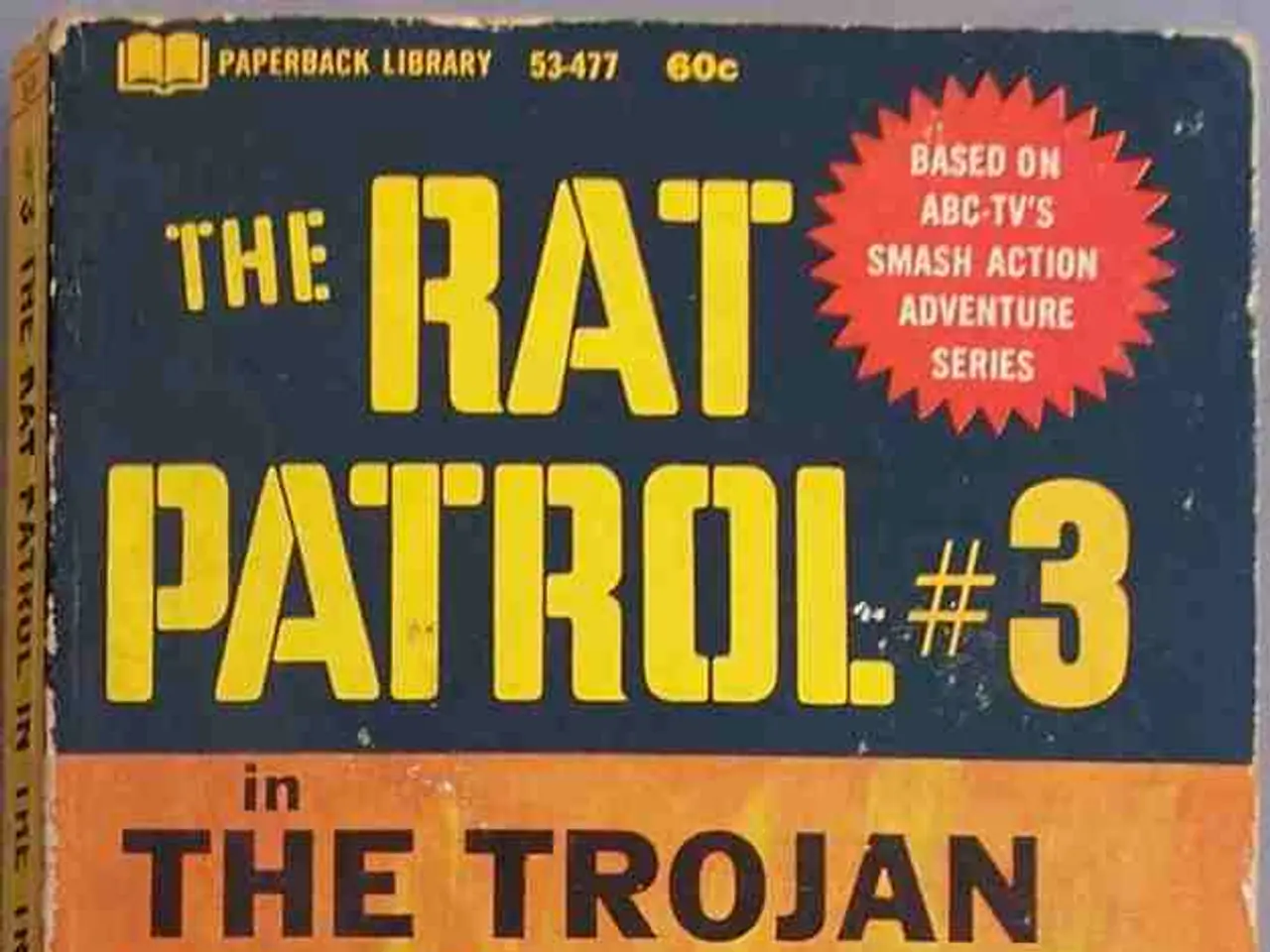'Air Force Leader Lays Out Reasons for Operation Sindoor's Triumph Due to Political Backing and Cooperation'
In the early hours of May 7, the Indian Armed Forces launched Operation Sindoor, a decisive response to the terrorist attack in Jammu and Kashmir's Pahalgam. The operation, marked by precision and coordination, was a testament to a modern, integrated approach to counter-terrorism and warfare.
Political will and clear directives provided unified leadership and strategic focus. Defence Minister Rajnath Singh emphasized that the operation's success was not merely due to military firepower but because of precise logistics and coordination among various agencies. This seamless logistics coordination transformed potential chaos into controlled operational strength, highlighting that modern warfare is decided by timely delivery and management of resources rather than just weapons alone.
Inter-service coordination was another key factor. The Army, Navy, and Air Force worked in concert, optimizing the use of indigenous technological advancements and "Make in India" defense capabilities, as noted by Prime Minister Narendra Modi. The synchronisation between the three forces was a major factor behind the operation's success.
Air Chief Marshal AP Singh, speaking at the HAL Management Academy in Bengaluru, credited the success of Operation Sindoor to political will combined with professional execution. He emphasized that there were no restrictions put on the Indian Armed Forces during the operation.
Cooperation between the armed forces and agencies is essential in modern military operations, according to Air Chief Marshal Singh. The smooth flow of information, joint planning, and mutual trust among the services enabled swift decision-making during Operation Sindoor. The role of the National Security Adviser (NSA), Ajit Doval, and the Chief of Defence Staff (CDS) were highlighted in ensuring inter-service coordination.
In India's precision strikes, terrorist infrastructure in Pakistan and Pakistan-occupied Jammu and Kashmir (PoJK) was targeted. The attacks during Operation Sindoor were calibrated to avoid unnecessary escalation. The operation has evolved military capabilities and readiness to act decisively when required.
Operation Sindoor could serve as a model for future operations. Its success underscores the importance of political will, clear directives, effective inter-service coordination, and strategic logistics management in modern warfare. The operation demonstrates that timely delivery and management of resources are as crucial as military firepower in achieving victory.
The success of Operation Sindoor underscores the significance of political will and effective policy-and-legislation in modern warfare, as highlighted by Air Chief Marshal AP Singh. The operation's success was not only due to military firepower but also strategic logistics management and inter-service coordination, illustrating that modern politics and general-news are heavily influenced by such military achievements.






